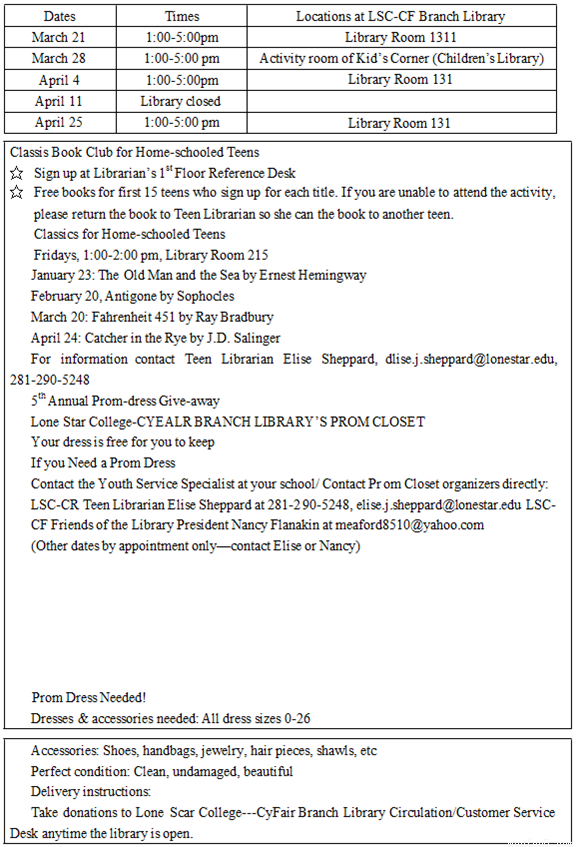题目内容
Tim was walking home from school one day when he noticed a boy ahead of him. He had tripped (绊倒) and dropped all of the books he was carrying along with some clothes, a baseball bat and a glove.
Tim knelt down and helped the boy pick up the things. Since they were going the same way, he offered to carry some things for the boy.
As they walked, Tim knew that the boy’s name was Sam. He loved video games, baseball and history, but he was having trouble with some of his subjects.
They arrived at Sam’s home first. Tim was invited in for a Coke and to watch some television. The afternoon passed pleasantly with some laughs and talk. Then Tim went home.
They continued to see each other at school and had lunch together once or twice a week.
Three days before they finished high school, Sam asked Tim if they could talk. Sam reminded Tim of the day years ago when they had first met. “Did you ever wonder why I was carrying so many things home that day?’’ asked Sam. “You see, I took away all my things from school. I had stored away some of my mother’s sleeping pills. I was going home to kill myself. But after we spent some time talking and laughing, I realized that if I had died, I would have missed so many good times. So you see, Tim, when you picked up those books that day, you did a lot more. ______”
1.When Sam fell down on his way home, Tim .
A. didn’t notice that B. helped him pick up the things
C. carried all the things for him D. went away quickly
2.Which of the following is true?
A. Tim and Sam were brothers. B. Tim and Sam were in the same school.
C. Sam was good at all of his subjects. D. Sam finally killed himself.
3.What did they do at Sam’s home except?
A. playing video games B. drinking some Coke
C. having a pleasant talk D. watching TV
4.Three days before graduation, Sam asked Tim to talk because he .
A. hoped to go on holiday together B. wanted to kill himself again
C. hoped to have lunch together D. wanted to tell him his story
5.What would Sam probably say at last?
A. You saved my life. B. I should die.
C. You did a good job. D. You helped me a lot.


 itional Chinese calendar;糯米——glutinous rice;竹叶或芦苇叶——bamboo or reed leaf;自尽——commit suicide
itional Chinese calendar;糯米——glutinous rice;竹叶或芦苇叶——bamboo or reed leaf;自尽——commit suicide